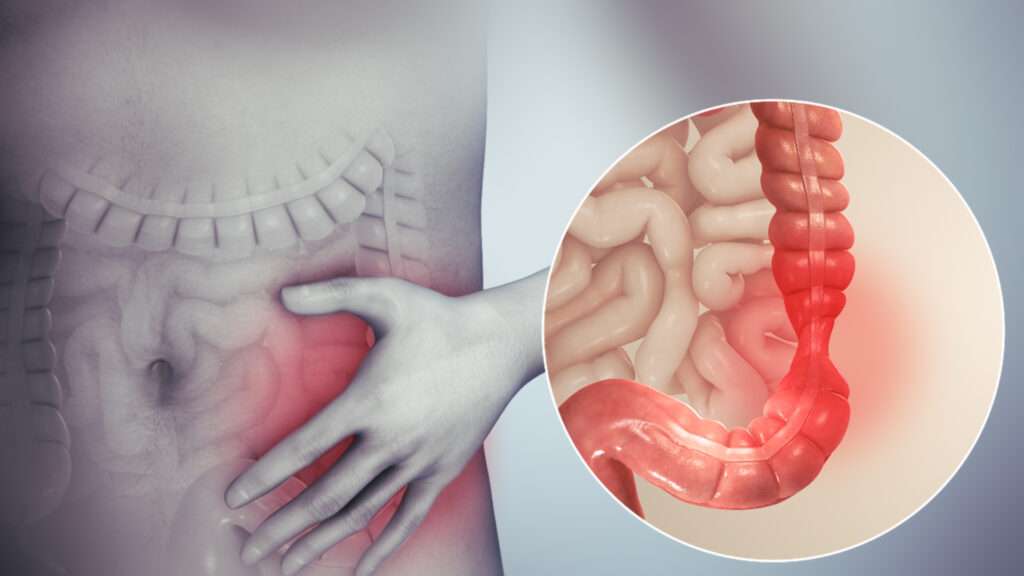
The treatment for kidney stones depends on several factors, including the size and location of the stone, the severity of symptoms, and the patient’s overall health. Here are some common treatment options for kidney stones
Non-invasive Treatment:
- Watchful Waiting: Small stones that do not cause symptoms may pass on their own through the urinary tract. Your doctor may recommend drinking plenty of fluids and waiting for the stone to pass naturally. Pain medication may be prescribed to manage any discomfort during this process.
Medication:
- Medications: If the stone is small and unlikely to pass on its own, your doctor may prescribe medications to help relax the ureter, which can make it easier for the stone to pass. They may also prescribe pain relievers if you are experiencing significant pain.
Minimally Invasive Procedures:
- Extracorporeal Shock Wave Lithotripsy (ESWL): This non-invasive procedure uses shock waves to break the stone into smaller pieces that can be passed more easily. ESWL is typically used for smaller stones located in the kidney or upper ureter.
- Ureteroscopy: In this procedure, a thin tube with a camera (ureteroscope) is inserted through the urethra and bladder into the ureter to locate and remove or break up the stone. This is often used for stones located in the lower or middle ureter.
Surgical Procedures:
- Percutaneous Nephrolithotomy (PCNL): For larger or more complex stones, PCNL may be performed. This involves making a small incision in the back to access the kidney directly and remove or break up the stone.
- Surgery: In rare cases, open surgery may be necessary to remove a large or complicated stone. This is usually considered when other less invasive methods have not been successful.
Preventive Measures:
- Lifestyle Changes: To prevent future kidney stones, your healthcare provider may recommend dietary and lifestyle changes. This may include drinking plenty of water to stay well-hydrated, dietary modifications to reduce the risk of stone formation (such as reducing sodium and oxalate intake), and medications to prevent stone recurrence in some cases.
It’s important to consult with a healthcare professional for a proper diagnosis and to determine the most appropriate treatment plan for your specific situation. Kidney stones can be painful and may lead to complications if not managed properly, so seeking medical attention is crucial if you suspect you have a kidney stone or are experiencing symptoms such as severe pain, blood in the urine, or difficulty urinating.




